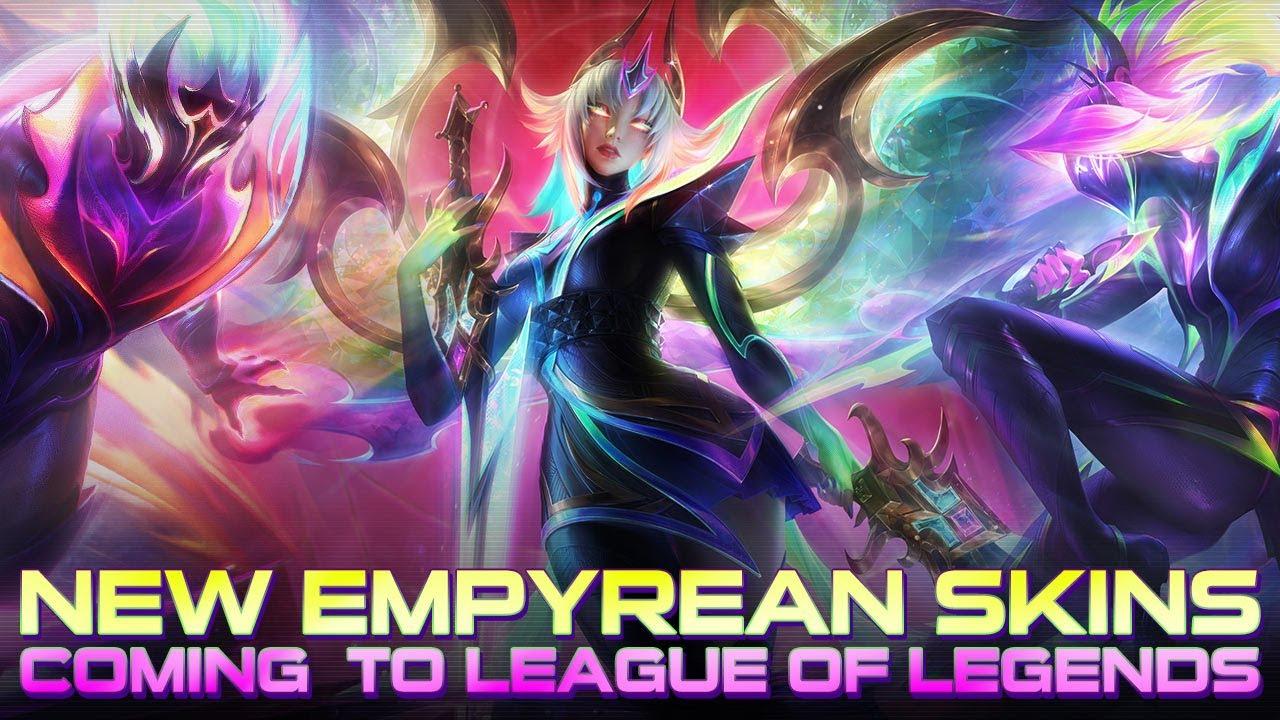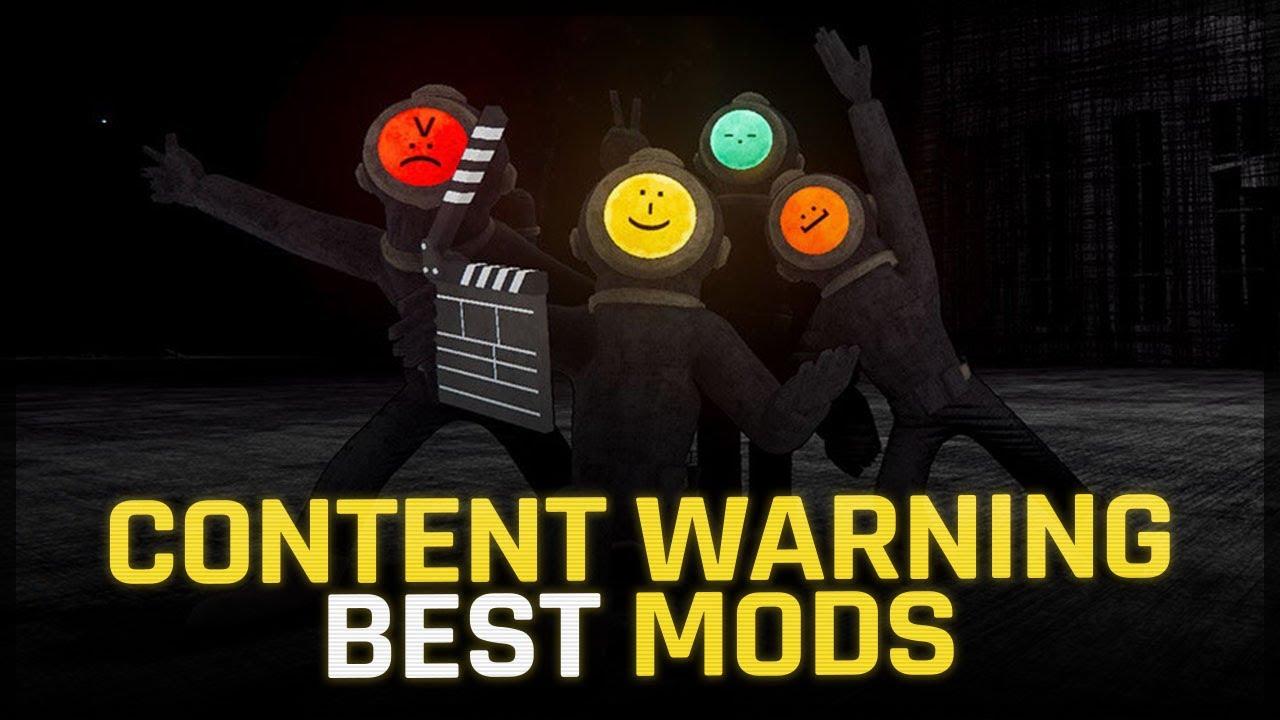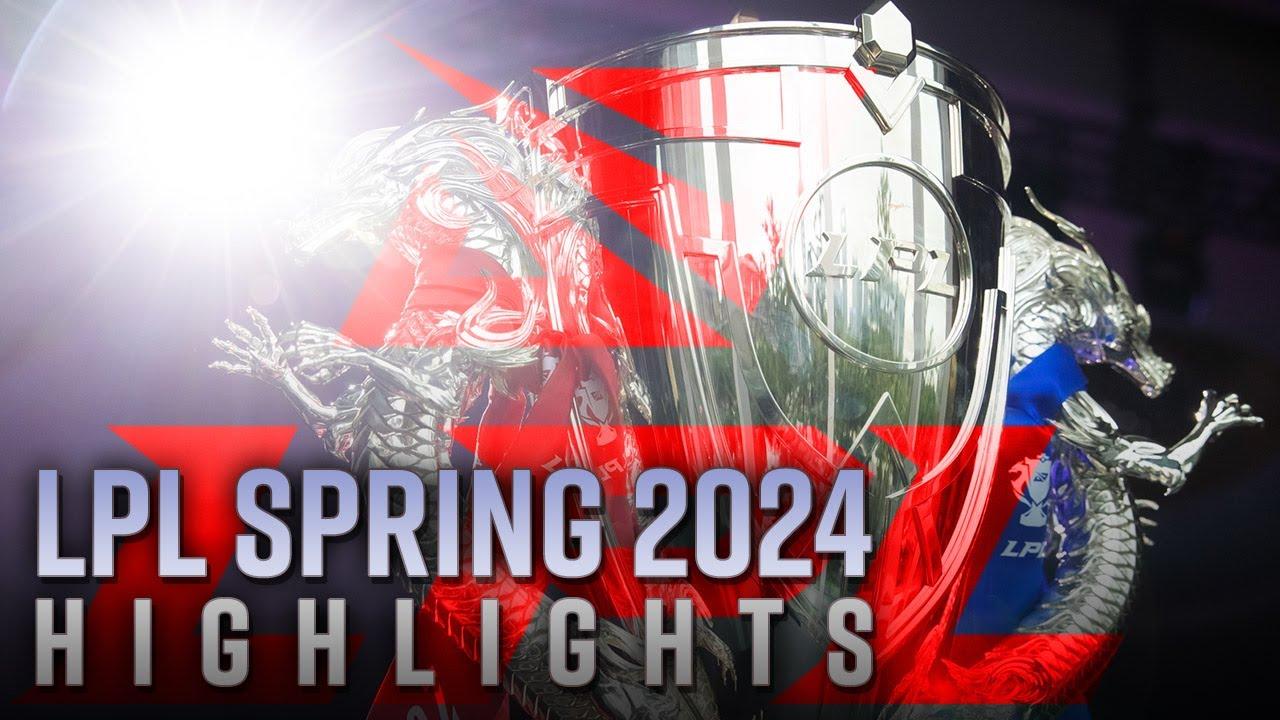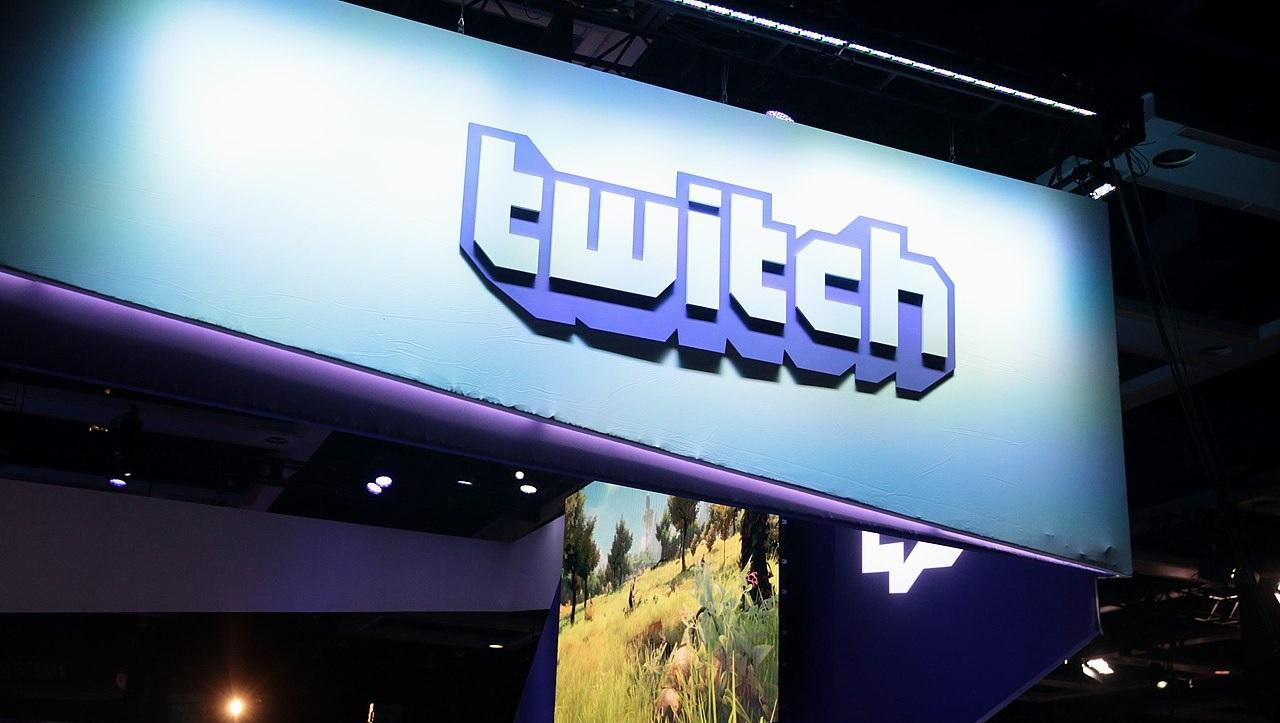
Twitch ran anti-union ads made by parent company Amazon
Amazon took its union-busting to a whole new level.
The massive online retailer ran a series of anti-union advertisements on Twitch. This was the latest step in a series of moves to block workers in an Alabama warehouse from organizing. Videos of the ads were saved and shared by More Perfect Union.
NEW: Amazon is running glossy anti-union ads to combat the organizing drive by workers at their Bessemer, AL, warehouse. An Alabama resident said this spot is one of several that Amazon is now running on Twitch. pic.twitter.com/6WlojetvzY
— More Perfect Union (@MorePerfectUS) February 23, 2021
The series of commercials seemingly shows a number of Amazon workers discussing how much they enjoy working for the company. It is not confirmed whether the people shown are actual Amazon workers. The ads ran for just a short time before being halted, but this was a major departure from the norm for Twitch.
Amazon has been making an aggressive effort to stop workers from a warehouse in Bessemer, Alabama from forming a union, which would be a first in the company. Amazon has been bombarding workers with anti-union propaganda, even plastering posters discouraging labor organizing in the warehouse’s bathroom stalls.
Amazon’s anti-union blitz stalks workers everywhere, even this bathroom stall in its Bessemer, Ala. warehouse, in what has emerged as the biggest labor battle in its history on U.S. soil – https://t.co/8Qw1w5y7GS pic.twitter.com/Umev7AAxaE
— Jay Greene (@greene) February 2, 2021
The push to unionize comes after years of stories regarding Amazon’s poor labor practices around the globe. As early as 2011, warehouse workers claimed they were forced to work in extreme heat, with employees being ambulanced off the premises being a regular occurrence. In 2020, Amazon sparked backlash even within its own boardroom when it began firing workers who previously went public over health-related concerns, and was criticized by human rights advocacy groups for the treatment of its workers.
Despite these stories, the Twitch advertisements come alongside a media blitz by Amazon to package the company as pro-labor. The company has been running ads in a slew of prominent publications including the Wall Street Journal and New York Times to highlight the $15 per hour minimum it pays its workers.
Amazon is quietly running ads to scare its Alabama workers about unionizing.
Meanwhile, to bolster its public image, Amazon is paying for pricey ads in @NYT, @WSJ, @punchbowlnews, and @axios to tout a $15/hr wage, a level it already pays its employees. pic.twitter.com/RkLGKoHTLg
— More Perfect Union (@MorePerfectUS) February 24, 2021
Is Twitch owned by Amazon?
Twitch was purchased by Amazon for $970 million in 2014 in an all-cash deal and is now a wholly-owned subsidiary of the online retailer. This was preceded an attempted buyout by Google, which was nixed due to potential antitrust concerns.
Recommended

Diablo 4 Thorns: How does it work?
It’s a simple, but powerful substat.

All the methods and secrets for quickly increasing your rank in Call of Duty Warzone 2
CoD Warzone is one of the most dynamic projects in the battle royale genre, which allows players to...
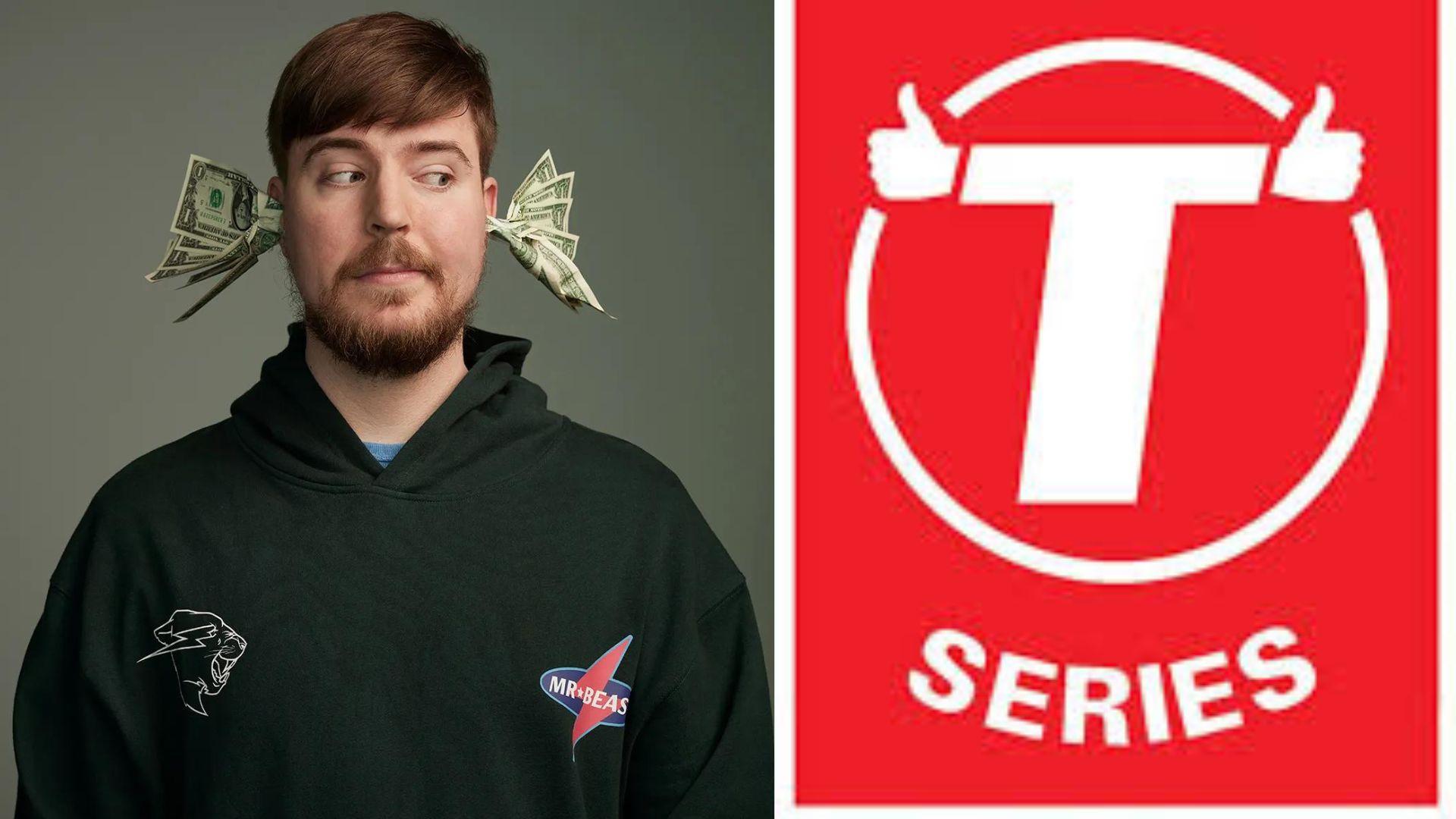
Mr Beast vs T-Series war is real, latest X interaction proves
Mr Beast has accused T-Series of hiding his comment.

